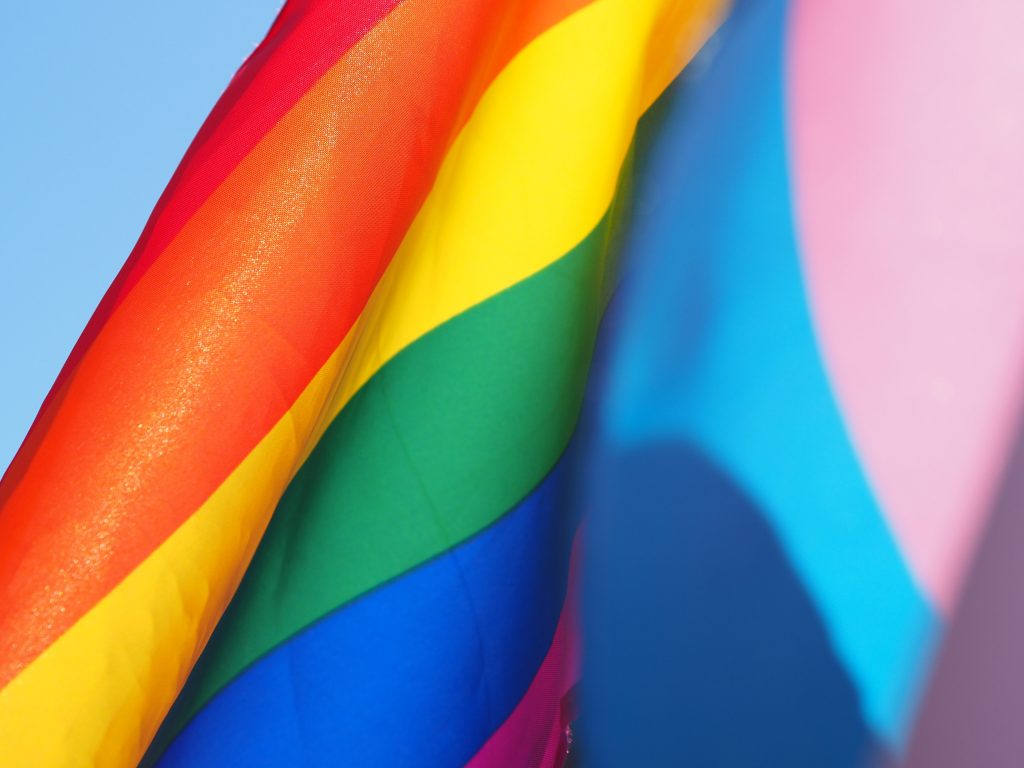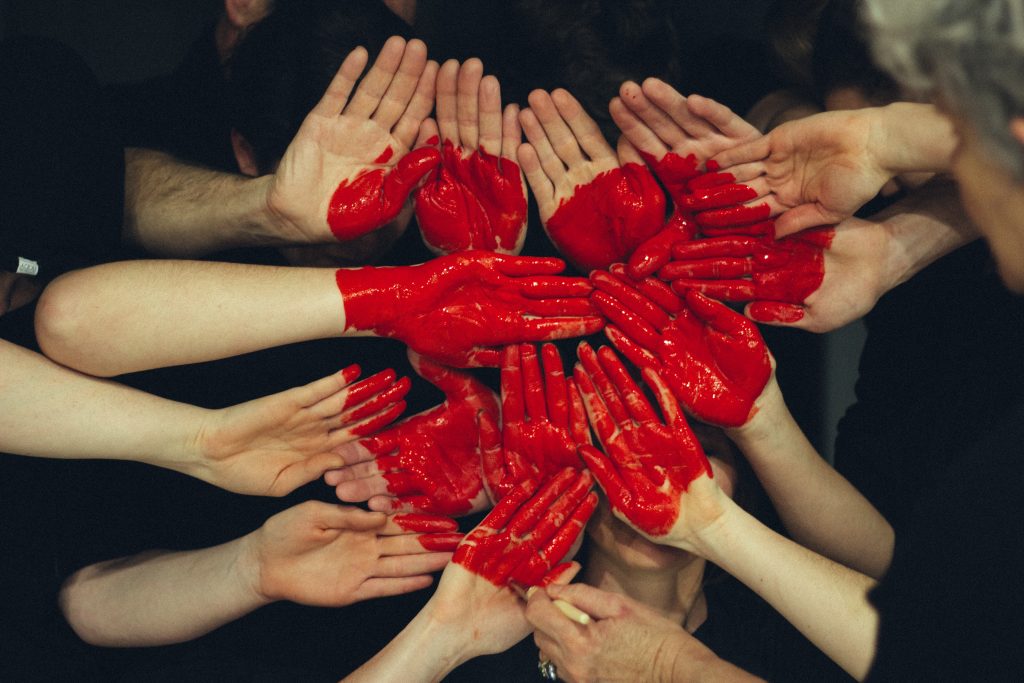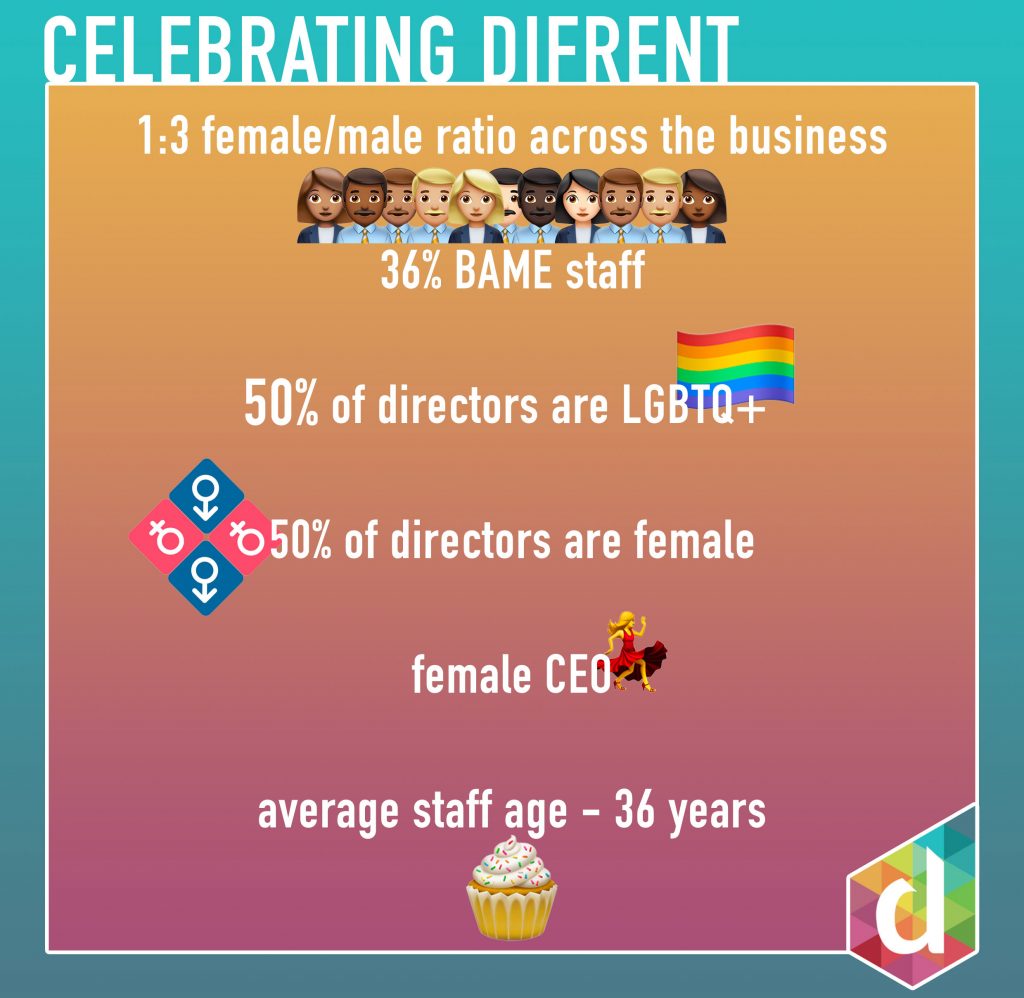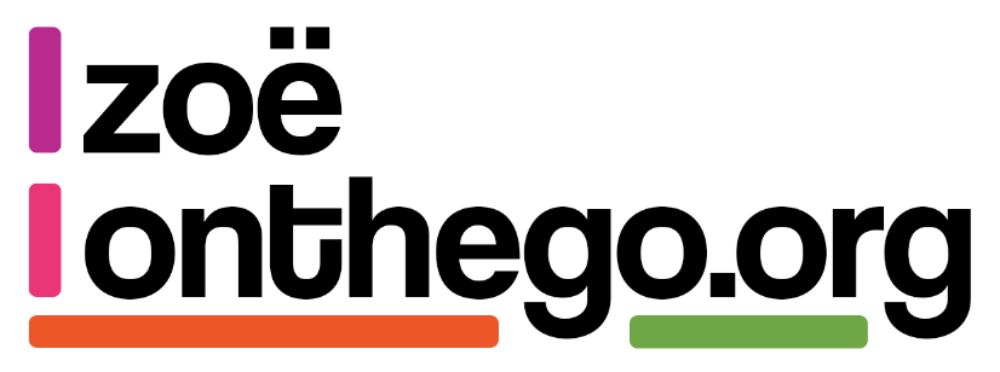June is Pride Month when members of the LGBTQ+ community and their allies come together in different ways to celebrate, remember and reflect. As such, now June is over, I wanted to reflect on the things I learnt this year.

This June was a Pride Month like no over, because of COVID-19; lockdown meant that the usual pride marches were cancelled and then moved online.
June was also the month that #BlackLivesMatter came to the forefront of Western consensus because of unforgivable killing of George Floyd in the US, amongst sadly so many others around the globe. With marches and rallies both in the US and UK (and elsewhere) to call for the end of police brutality and discrimination against Black people.
And finally, June (yep, still Pride Month) was when JKR yet again decided to use her platform to gatekeep women’s spaces and to decry the acceptance of trans women as women. (I’m not linking to her article, because I won’t give it airspace, but there are MANY fantastic pieces that explain why this stance is harmful, here’s just one. But the Tl:Dr version is, Trans Women are Women.)
As such, this month, more than any other June that we have seen in a long time, has been one in which the conversations about diversity and inclusion have been so important.
I was asked this month, why diversity and inclusion were important to me?
As the very wise Fareeha Usman, founder of Being women, said “Discrimination can only be tackled if we first tackle our own insecurities.”
Working within and alongside the public sector, we develop policies, products and services for the public; for citizens, for society. We can not develop things for people, if we can not empathise with them; if we can not understand where they are coming from and the problems/ barriers they are facing. The people we are building form come from diverse backgrounds. If our teams all look and sound the same, and have the same life experiences, then we will never be able to deliver things that meet the diverse needs of our users.

The Lesbians who tech (and allies) held their annual pride summit from the 22nd to 26th of June, and this year there was a clear focus on #BlackLivesMatter and also #TransWomenAreWomen as well; with a whole host of fantastic speakers discussing actions we can all take to be more inclusive. I was also lucky enough to be asked to speak at a D&I panel* on the 24th held by @SR2 and had the opportunity to attend the Dynamo North East event on the 25th, and to attend several other virtual pride events.
Key things I learned:
- Locational geo-clusters can be a blocker to diversity and reinforce racial discrimination – @LorraineBardeen
- When attending a meeting/ workshop or invited to sit on a panel, it’s our responsibility to check who else is ‘in the room’ and see if we are needed there, or is there someone else from a different group who’s voice needs amplifying more than ours. – @JasmineMcElry
- When awarding contracts we need to look at companies track record on diversity / pay etc. And make sure we are not unconsciously biased against companies that have a makes up that does not match our own. – @SenatorElizabethWarren
- It is our job to educate ourselves and not ask anyone else to educate us; as leaders our role is to admit we don’t know everything, that we are still learning, and to actively listen to others – @TiffanyDawnson
COVID-19, if nothing else, has given us the opportunity to think about the society we want to see coming out of this pandemic. We have all embraced things like remote working to help us keep working, now is the time to consider whether these tools can also help us going forward to be more inclusive in our workforce, and our society.
Removing the dependance on geographical hiring would enable us to include people from wider ethnic communities, as well as disabled people who have often found themselves excluded from office jobs by the commute etc; or people with caring responsibilities for who the standard 9-5 office job doesn’t work.
A fantastic session led by Nic Palmarini, Director of NICA, on Agism stated that “We need to reimagine a new society that is more inclusive”. This for me sums up the conversations I have seen, heard and been lucky enough to be part of this month; and I am proud to be part of a company, an industry and a community, that is trying its hardest to do just that.

*If you fancy catching up on the panel, details are here: https://zoom.us/rec/share/7uV5L-rezkhIZZXT8FjFVKQIAZTCeaa82yJI-Pdby0whYlngi4VRx3mii2Gvb-zR Password: 1H+a15=#
